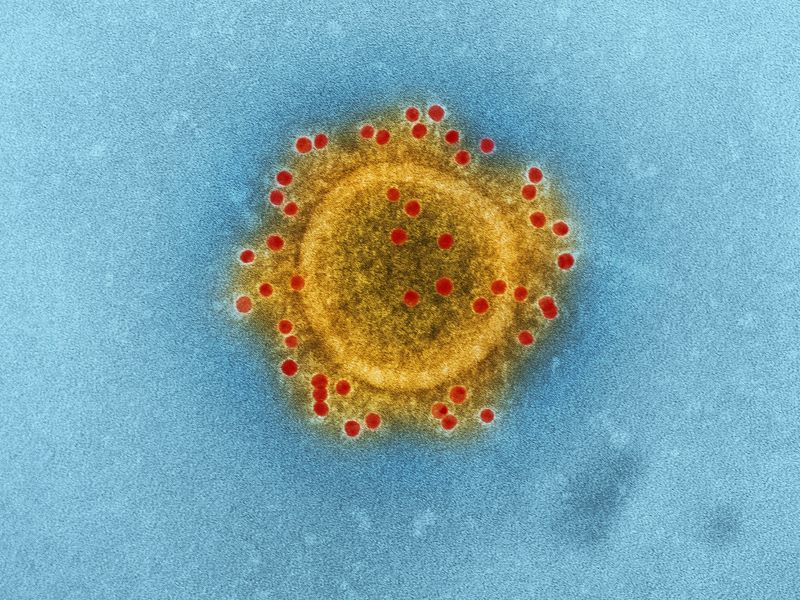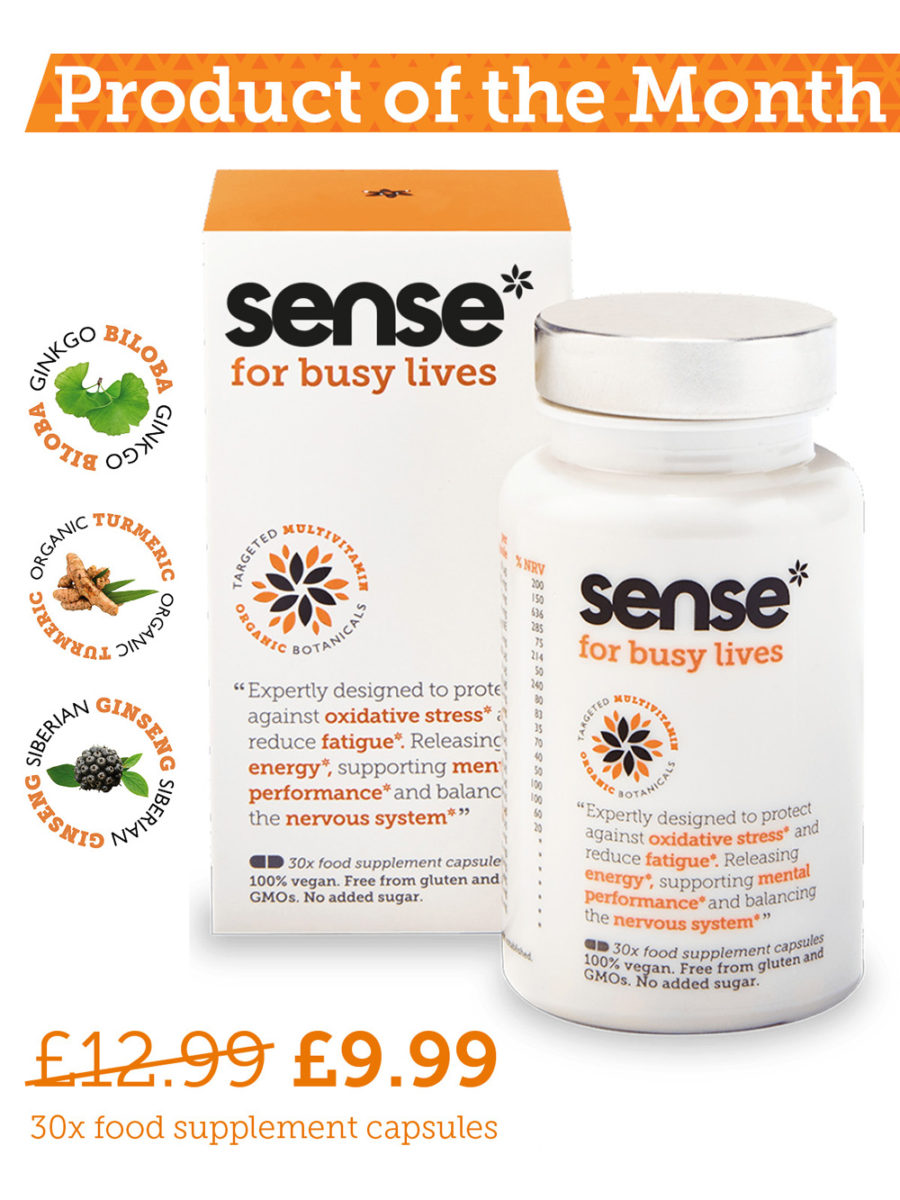
By Joan Ebsworth, guest writer for sense*, biologist and mother of sense* Founder, Jonathan on the debate between the theories between Pasteur and Bechamp. A debate that plot the course of medicine for over a century and has had a profound affect on how we view the body’s defences.
My Childhood experience of the body’s defences
I am a biologist and have often pondered on my childhood health and the body’s defences. I was a little girl in the early 1940s.
The 6th of seven children and we all lived in a very small house – nine of us in all.
There was no bathroom and only an outside toilet.
At the age of 10 my older sister developed the bacterial infection called diphtheria.
Many children died of the infection back then, happily my sister survived.
Aged 14 she developed what we now think was polio—-a viral infection. She never walked again and never left the house again.
It was never diagnosed as polio but in retrospect we think that is what it was.
Aged 17 she developed tuberculosis and died of that bacterial infection aged 19 years old. Her body’s defences couldn’t save her.
Why do I ponder this situation?
I constantly ask myself why not one person in that crowded household developed any of those infections apart from her.
When my sister had TB I would sit beside her in her bed and she would read to me. My 14 year old sister would tend to her every need as did everyone else in the family.
We all remained healthy. Our body’s defences held up.
Two Main Theories of disease
I have now learned a lot more about the two main theories of disease and in this time of crisis due to a viral pandemic both theories have taken on new relevance.
From time immemorial physicians have always postulated that there were “things” out there that would invade and attack us and cause us to become ill and often die.
They had no idea what those “things “were until much later.
Then in the late 16th/early 17th century (thanks to a number of inventors) microscopes came on the scene and magnification of very small things became possible.
In 1676 Van Leeuwenhoek reported the presence of extremely small living organisms in a sample of water. The name bacteria was applied to them.
The age of microscopic living organisms had begun along with the development of ever more powerful microscopes too.
Louis Pasteur’s theory of germs (viruses and bacteria)
Along came the microbiologist and chemist Louis Pasteur (1822 -1895) and provided a theory of germs from which modern medicine has developed to this day.
We are all familiar with the term pasteurisation as applied to milk. This was his making.
Because of him we have also developed antibiotics, disinfectants, vaccines and the like. He saw micro-organisms as the enemy and that we humans had to destroy them if we wished to conquer disease.
It was a battle and even to this day warlike terminology is used.
Modern medicine
As a result, modern medicine attempts to control our external environment and treat the symptoms of diseases with pharmaceuticals that either suppress the symptoms or kill the micro organisms that are causing them.
Antoine Bechamp’s theory of terrain
Experimenting at the same time there was another scientist Antoine Bechamp (1816 -1908) and he perceived disease in a very different way. He felt that it was we humans who were the problem.
He stated “Germs are nothing and the Terrain is everything“. By the “terrain” he meant our bodies – internally and externally.
That terrain provided the conditions for bacteria (and viruses) to grow and proliferate – causing the symptoms of disease – or prevented it.
He also said that “The primary cause of disease is within us, always in us.”
So who is right – Pasteur or Bechamp?
I have come to agree with Bechamp in many ways. But maybe the truth lies somewhere in between the two theories. If you want to learn more, this book reveals much more than I can here.
Just ten years ago we discovered that we actually have a microbiome living in our gut.
40,000 different species of bacteria can be living there. Between them they have over 2 million genes which are thought to be extremely important to our health.
Germs are therefore not always the enemy.
What else do we know about bacteria
As humans, we only have 20,000 genes. Our 20,000 human genes almost pale into insignificance when compared to the bacterial genes in our gut.
Killing these bacteria with antibiotics is not a good idea from what we now know.
We also recently discovered that every organ in our body also has its own microbiome. And that our good health is highly dependent on all them.
Our knowledge of Viruses
The suspicion that there were other micro-organisms in our body was always there at the end of the 19th century. But it was not until 1931 and the development of the electron microscope that viruses could actually be seen.
What I have learned about viruses to date is that they are inert particles. They are what we call the “virome” .
We are surrounded by them and have been breathing them in since birth.
They are much much smaller than bacteria and are usually talked about as though they are bacteria – but they are very very different.
What do viruses get up to?
Viruses are carriers of genetic material. That is their role according to the “New Biology”.
It is thought that it is viruses that have been instrumental in the evolution of all living organisms on this planet. They have been about since the dawn of time.
Our human genome (the total number of genes in human cells) is 50% viral in origin from what we now know.
What is the relevance of this today?
In these days of CV19 pandemic it has been shown that those who are affected most by this virus are those who have other health issues or who are elderly and also might have other reasons for their immune systems to be weak or out of balance. Affecting their body’s defences.
Biological systems like “balance”
When the body is out of balance for whatever reason then it provides the terrain for micro-organisms to move in and thrive. It is the level of imbalance that is crucial for the development of symptoms and for full recovery.
We desperately need a balanced immune system particularly in times of threat. Balance maximises our body’s defences.
Not one that is working overtime or one that is under the weather. Balance is everything.
Scientists use the term “in homeostasis” to describe the ideal state that our body should be in. That’s what, I am aiming for.
Does the theory of “terrain” win through?
So Bechamp’s terrain theory comes into play here and now.
The virus is not the problem according to this theory – it is the human terrain that causes the virus to become confused, unable to do its job of genetic transfer.
If the terrain was in balance then after 3 days enzymes created by us would “scissors” up the virus and the particles would be eliminated by the body’s defences.
How do I maximise my “terrain” daily?
So, the aim of the game for me is that I work at keeping my body in a state of balance. So my immune system, in particular is working properly. Read here about the immune system and how it goes wrong.
My diet is vital in providing my body with the correct nutrients to regenerate and heal it. Which is what it was designed to do.
I eat real foods, usually in their natural states to utilise all of the phytonutrients possible. Processed industrialised foods are only ever purchased when absolutely necessary e.g. canned beans and the like.
I exercise – but not too extremely – as that has the opposite effect and can be detrimental at my age.
My sleep patterns are important. I go to bed at the same time each day and I get up at the same time – usually managing 8 hours of sleep.
Intermittent fasting allows autophagy to take place (the way in which the body repairs itself when asleep). So I never eat within 4 hours of going to bed and I fast for about 16 hours a day, eating in the 8 hour window between 11am and 7pm.
Meditation and breathing techniques are invaluable and something that I am working on.
The importance of lifestyle choices for the body’s defences
There are so many beneficial lifestyle choices that we can all make. See here my article about lifestyle choices affecting the immune system.
They might just stop you ever showing signs of viral confusion in your body but if you do succumb to any infection, then your chances of a full recovery will be so much greater if your internal terrain is a system in balance.
Why isn’t this widespread knowledge or practice?
Yet we are never told about these alternative choices by the media, Public Health England or the Government.
Maybe it is because Pasteur and his Germ Theory has gained so much acceptance as the only possible theory and so lives on in most of the scientific medical world as the only one to follow. Most GPs don’t question it after all.
None of these alternative theories or choices are taught in medical schools. It is left to the realms of functional medicine and holistic medicine to fight this battle. Against media ridicule at times. But who is in fact being ridiculous?
How I now see my sister’s illness?
Returning to my original ponderings about my own family history, I can only arrive at the conclusion that Jean’s internal terrain was flawed in some way. While the rest of us had terrains that were able to deal with the bacteria and viruses that were obviously present in our home. Our body’s defences coped as a result.
For me it is the only explanation and why making your immune system balanced should now be everyone’s focus. You can read more about the immune system here including some tasty recipes.
This is not a sense* article. The views expressed in this article are those of the author so there may be opinions or statements in this article that are not approved by sense* and do not represent the views and opinions of the company.

